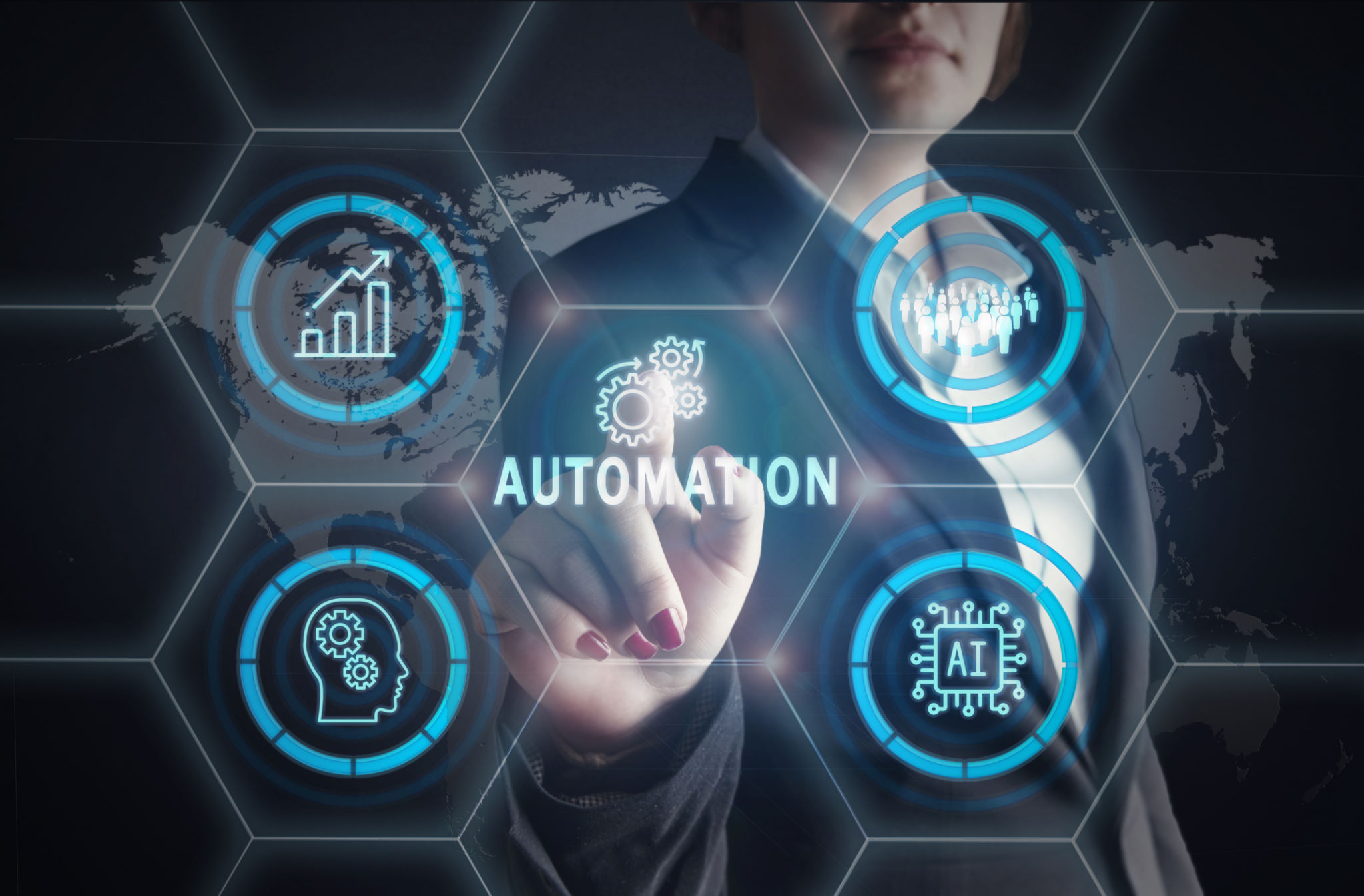From Idea to Execution: Creating a Digital Marketing Strategy with AI
Understanding the Role of AI in Digital Marketing
In today's fast-paced digital landscape, businesses are constantly seeking innovative ways to stay ahead of the competition. Artificial Intelligence (AI) has emerged as a game-changer in this realm, offering tools and techniques to streamline processes and enhance decision-making. From predictive analytics to personalized content recommendations, AI is revolutionizing how companies approach digital marketing strategies.

From Concept to Strategy
Creating a digital marketing strategy with AI begins with a clear understanding of your business goals and target audience. Start by identifying the key objectives you wish to achieve, whether it's increasing brand awareness, driving website traffic, or boosting sales. AI tools can help analyze market trends and consumer behavior, providing insights that shape your strategy.
Once your objectives are defined, consider the specific AI technologies that align with your goals. Machine learning algorithms can be employed to segment audiences, while natural language processing (NLP) can enhance content creation and customer interactions. The integration of AI into your strategy should be seamless, enhancing existing processes rather than complicating them.
Data Collection and Analysis
Data is the backbone of any effective digital marketing strategy. AI can significantly enhance data collection and analysis, turning raw information into actionable insights. By leveraging AI-powered analytics tools, businesses can gather real-time data on customer preferences, market trends, and campaign performance.
An important step is ensuring data accuracy and relevance. AI can automate data cleansing and validation, ensuring that your strategy is based on reliable information. This leads to more informed decision-making and the ability to quickly adapt to changing market conditions.

Personalization at Scale
One of the most powerful aspects of AI in digital marketing is its ability to deliver personalized experiences at scale. With AI, marketers can create tailored content and product recommendations for individual users based on their behavior and preferences. This level of personalization enhances customer engagement and loyalty.
AI-driven chatbots and virtual assistants further enhance personalization by providing instant responses to customer queries. These tools can handle a wide range of interactions, from answering basic questions to guiding users through complex purchasing decisions.

Content Creation and Optimization
AI is also transforming how content is created and optimized. Tools like natural language generation (NLG) allow for the automatic creation of blog posts, social media updates, and product descriptions. This not only saves time but also ensures consistency across all content channels.
In addition, AI can analyze existing content performance to optimize future campaigns. By identifying which topics resonate most with your audience, you can tailor your content strategy to meet their interests and needs more effectively.
Automating Marketing Processes
Automation is a key advantage of incorporating AI into your digital marketing strategy. Repetitive tasks such as email marketing, social media posting, and ad management can be automated, freeing up valuable time for marketers to focus on more strategic activities.
AI-powered automation ensures that marketing efforts are consistent and timely, improving overall efficiency. This automation also allows for more precise targeting and segmentation, ensuring that the right message reaches the right audience at the right time.

Measuring Success and Adjusting Strategies
The final step in any digital marketing strategy is measuring success and making necessary adjustments. AI provides advanced analytics capabilities that offer deeper insights into campaign performance. Metrics such as engagement rates, conversion rates, and return on investment (ROI) can be tracked more accurately with AI tools.
Regularly reviewing these metrics allows businesses to refine their strategies and maximize their marketing efforts. By embracing a data-driven approach, companies can stay agile and responsive to market changes, ensuring long-term success in the digital arena.